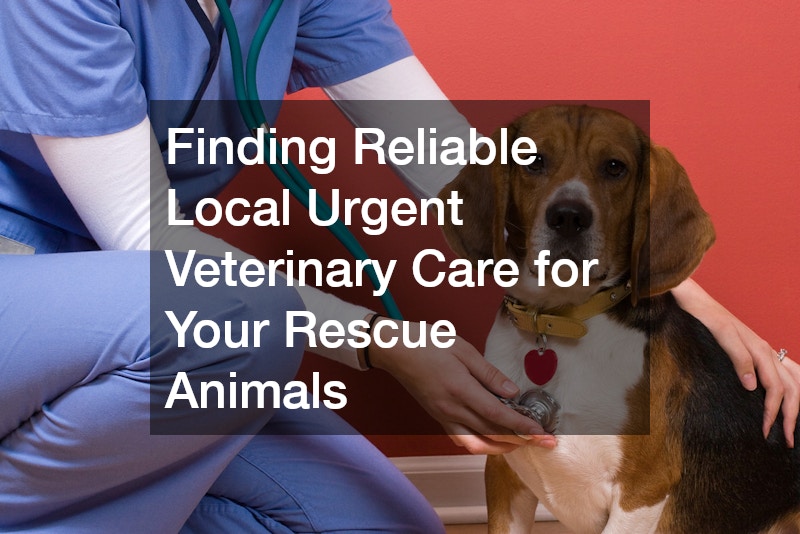People instinctively turn to pets for companionship and comfort. The Washington Post cited the American Society for the Prevention of Cruelty to Animals (ASPCA) statement that over 23 million households in the United States have adopted at least one pet since the start of the pandemic. This is equivalent to almost 20 percent of U.S. households. The Guardian cites data from the American Pet Products Association showing that since the start of the pandemic, nearly nine million dogs and five million cats were adopted by Americans. Pet dogs now total 108 million, and pet cats total 79 million in the U.S.

How Pets Benefit People
Many studies focus on the benefits of having pets. For instance, a study published on Sage Journals in July 2020 analyzed in detail how interaction with pets helps humans psychologically and physically.
According to the study, even a minimum of 15 minutes of direct interaction and positive physical contact with a pet daily will already release beneficial neurochemicals in the body, such as oxytocin, endorphins, dopamine, norepinephrine, prolactin, and beta phenylethylamine, while lowering the level of the stress hormone, cortisol.
Oxytocin helps the body release other positive neurotransmitters, including those that reduce inflammation, improve memory, and develop positive self-perception. Endorphins relieve stress and pain. Dopamine enables a person to feel pleasure. It also motivates the person to act positively. Norepinephrine regulates the cycle of sleep and wakefulness and enables a person to focus and concentrate. Phenylethylamine reduces fatigue, balances mood, and reduces symptoms of depression and anxiety. Lowering cortisol levels boosts the immune system, making the body more resistant to infection.
Animals provide a non-judgmental and loving companionship that creates feelings of calmness, trust, and well-being in people. Owners often express their emotional thoughts to their pets, like a confidant, enabling a healthy release of emotions. Pets also provide entertainment and distraction from stress, giving joy.
With continued interactions with a pet, the person’s heart rate and blood pressure go down. This lowers the risk of developing major diseases such as coronary heart disease. A pet owner feels more satisfaction in life and high morale that motivates them to choose healthier behavior. This results in fewer illnesses or better rates of recovery from existing conditions.
Supporting Studies on Pet Benefits
Another study published on MDPI Journals in September 2021 shows similar results. Compared to people without pets, pet owners showed higher levels of psychological well-being. They expressed that they felt positive even under lockdowns and could better cope with the crisis with their pets.
The findings of a third study published on ScienceDirect in December 2021 were likewise aligned with the first two. It found that even if the pandemic had a negative impact on people’s mental and physical health, pet owners had some protection against these adverse effects. Their physical activities with their companion animals helped them both physically and mentally.
Responsibilities of Pet Ownership
Many of those who got pets during the pandemic are first-time pet owners. They need to be fully prepared for such a responsibility.
Having a pet is like having a toddler at home. The pet owner must always ensure that the pet is safe anywhere inside the house and around the property. There must not be anything toxic in the house that the pet can get to. If the pet is allowed to play in the yard, there must be a fence to ensure that the pet does not run too far away and get lost or get run over on the street. If there are trees in the yard, regular tree trimming will prevent any branches from falling on the pet resulting in injury.
A pet owner must study everything about raising the specific animal owned. This includes the best type of food the pet needs and the amount of food given per feeding and per day. It also includes daily walking. For larger pets, this must be done outside the home. For small pets, running around the yard will suffice as exercise.
Veterinary care is necessary for all pets. Depending on the animal, there are required vaccinations and other measures to prevent certain diseases. Pet health insurance is available to keep veterinary expenses manageable.
Many people who have pets cannot afford veterinary bills, though. They should look for low-cost veterinary care near their areas. For example, in Los Angeles, there is the Pet Support Space nonprofit. In Texas, there is Emancipet. There is also the Philadelphia Animal Welfare Society. The Humane Society has a Pets for Life program in various cities. The University of Tennessee in Knoxville’s Program for Pet Health Equity has AlignCare in 10 communities. It pays for 80 percent of veterinary costs for low-income pet owners.
As pets give unconditional love to their owners, so must owners provide unconditional love and care to their pets. This is a lifelong responsibility.




